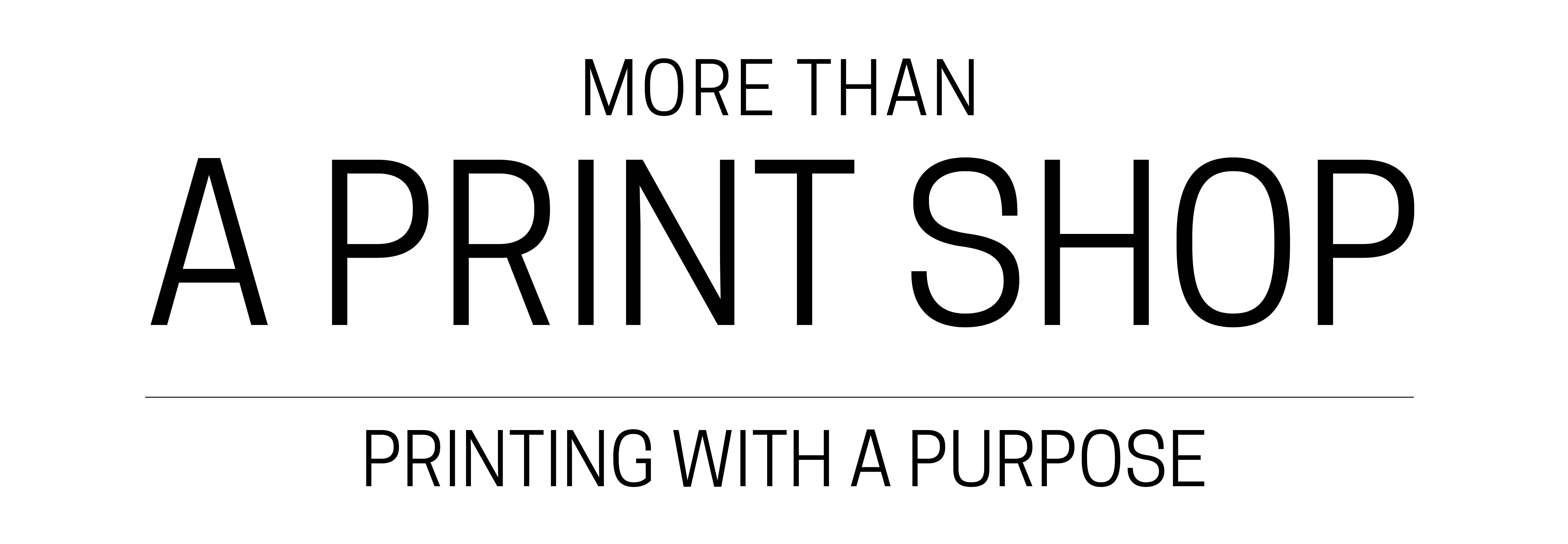As the world commemorates Human Trafficking Awareness Month, it's crucial to turn our attention to one of the industries deeply entangled in this grave issue – the garment industry. While fashion trends grace the runways and fill our closets, a dark reality persists behind the scenes, where human trafficking and exploitation cast a shadow on the lives of countless individuals. We will shed some light on the challenges faced by those trapped in the web of human trafficking within the garment industry and the collective efforts needed to eradicate this pervasive issue.
The garment industry, with its complex supply chains and global reach, is unfortunately rife with exploitative practices. From forced labor and debt bondage to unsafe working conditions and child labor, the human cost of fashion is often hidden behind the seams of our clothes. Human Trafficking Awareness Month serves as a poignant reminder to unveil the faces of those who endure exploitation in the pursuit of supplying our insatiable demand for fast fashion.
To address the issue effectively, it's crucial to understand the scope of human trafficking within the garment industry. This includes recognizing the vulnerabilities of workers, often stemming from poverty, lack of education, and limited employment options. Supply chains that span multiple countries further complicate efforts to monitor and regulate working conditions, creating an environment where exploitation can thrive.
Consumers play a pivotal role in shaping the practices of the garment industry. By becoming aware of the origin of the products they purchase and supporting brands committed to ethical and transparent supply chains, individuals can wield their purchasing power to drive positive change. Human Trafficking Awareness Month is an opportunity to educate ourselves and make intentional choices that contribute to a fair and humane industry.
While consumer choices are influential, corporate responsibility is equally vital. Brands within the garment industry must prioritize transparency, enforce ethical labor practices, and actively work to eliminate human trafficking from their supply chains. By holding corporations accountable and demanding transparency, consumers contribute to a broader movement for ethical and responsible business practices.
Addressing human trafficking in the garment industry requires collaborative efforts across governments, NGOs, corporations, and consumers. Governments must enact and enforce laws that protect workers and punish those involved in human trafficking. NGOs play a crucial role in raising awareness, supporting victims, and pressuring corporations to adopt ethical practices. The garment industry itself must foster collaboration, sharing best practices and collectively working towards a supply chain free from exploitation.
Human Trafficking Awareness Month is not just a call to action; it's an invitation to educate ourselves and others about the realities of the garment industry. By spreading awareness, engaging in conversations, and advocating for change, we contribute to the growing movement that seeks to eradicate human trafficking and exploitation in all its forms.
Human Trafficking Awareness Month serves as a stark reminder that the fashion choices we make have profound implications for the lives of those who produce our clothes. The garment industry's dark underbelly can only be exposed and eliminated through collective action, with consumers, corporations, and advocates working hand in hand. As we commemorate this day, let us commit to fostering a fashion industry where every thread tells a story of dignity, respect, and empowerment, rather than one tainted by exploitation and human suffering.

